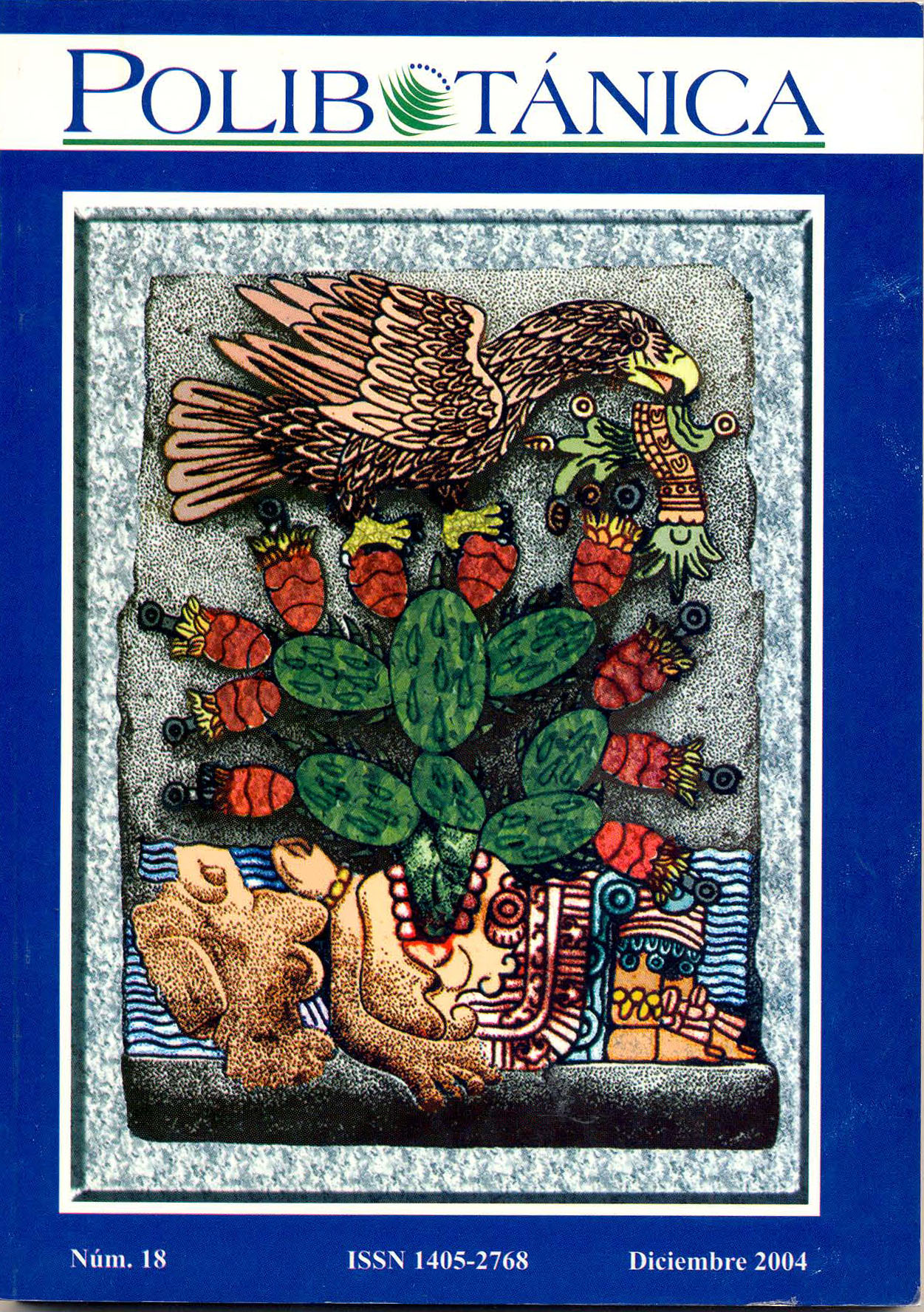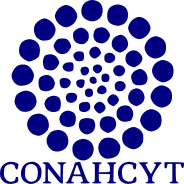APOGAMIA EN DRYOPTERIS MUNCHII (DRYOPTERIDACEAE)
Resumen
Se sembraron esporas de D. munchii
en macetas con tres suelos diferentes en
propiedades físicas y químicas, con el
objetivo de conocer si la formación de
esporofitos apogámicos depende del suelo
donde crece. Los cultivos se mantuvieron en
el laboratorio con humedad y luz artificial
durante siete meses. Con ayuda de un
microscopio estereoscópico se separaron
los gametofitos en cuatro grupos:
asexuados, anteridiados, con esporofito
apogámico sin anteridios, y con anteridios.
El porcentaje más alto se obtuvo en los
gametofitos que formaron esporofitos
(51%), seguido por los asexuados (45%).
En los análisis de varianza (ANDEVA) no
se encontró diferencia significativa (á =
0.05) entre la formación de esporofitos
apogámicos y el tipo de suelo. En el andosol
se obtuvo mejor crecimiento, vigor, color y
número de hojas formadas. Se concluye que
D. munchii en condiciones de laboratorio,
presenta apogamia obligada en su ciclo de
vida, independientemente del suelo donde
crece, lo cual parece ser una característica
inherente a la especie y un sistema de
propagación bastante exitoso.
Descargas
Publicado
Número
Sección
Licencia

Polibotánica por Departamento de Botánica de la Escuela Nacional de Ciencias Biológicas del Instituto Politécnico Nacional se distribuye bajo una Licencia Creative Commons Atribución-NoComercial-CompartirIgual 4.0 Internacional.




















